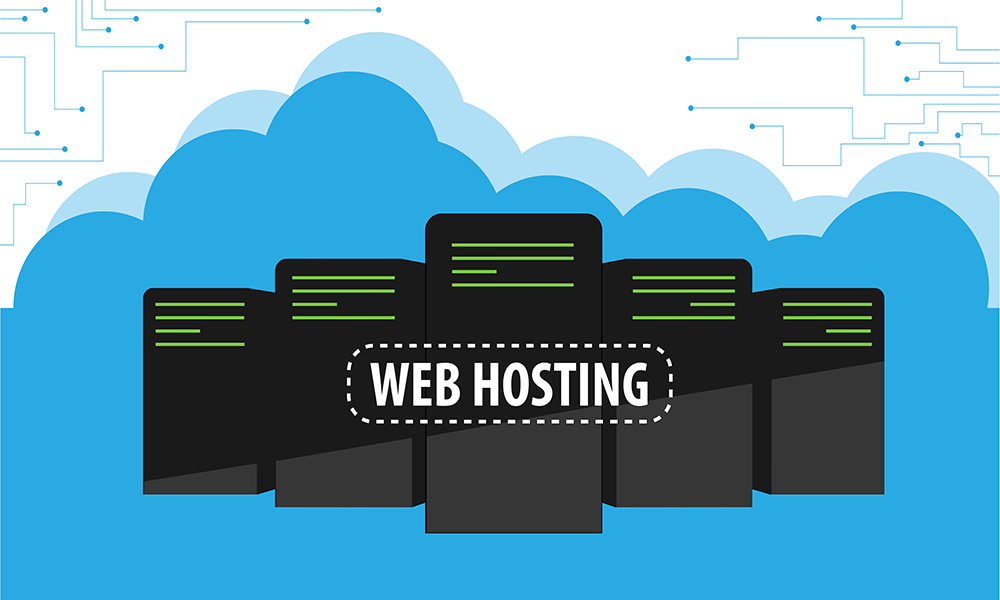122|116|7||1672835755|7|1673029825|0| 
Web page hosting is a service that provides individuals and organizations with the ability to host their website on the internet.
When you sign up for web page hosting, you are essentially renting space on a server where you can store your website's files and make them accessible to visitors via the internet.
There are several different types of web page hosting available, including shared hosting, VPS (Virtual Private Server) hosting, dedicated hosting, and cloud hosting. The type of hosting you choose will depend on the needs of your website and your budget.
Shared hosting is the most basic and affordable type of hosting, where your website shares server resources with other websites. VPS hosting provides a higher level of resource allocation and isolation, while dedicated hosting gives you your own dedicated server. Cloud hosting uses a network of servers to host your website, allowing for greater scalability and reliability.
When choosing a web page hosting provider, it is important to consider factors such as performance, security, customer support, and pricing. A good web page hosting provider will offer a reliable and secure hosting environment, as well as helpful resources and support to help you manage and maintain your website.
In addition to hosting your website's files, web page hosting providers may also offer additional services such as domain registration, email accounts, and website building tools.
These can be useful for building and managing your website, but it is important to carefully review the terms and conditions of these services to ensure that they meet your needs.
Overall, web page hosting is an essential service for anyone looking to host a website on the internet. By choosing the right hosting provider and hosting plan, you can ensure that your website has the resources and support it needs to function effectively.
Web page hosting refers to the process of hosting a website or web pages on a web server. When a website is hosted on a web server, it can be accessed by users via the Internet. Here is how hosting for web pages works:
1. Web server: A web server is a computer that stores the files and resources for a website and makes them available to users over the Internet. Web servers use specific software, such as Apache or IIS, to process requests from users and serve the appropriate content.
2. Domain name: A domain name is a unique name that identifies a website on the Internet. It consists of a name and a top-level domain (TLD), such as .com or .net. A domain name is used to access a website by typing it into a web browser.
3. IP address: An IP address is a numerical label assigned to each device connected to a computer network that uses the Internet Protocol for communication. An IP address is used to identify and locate a device on the Internet.
4. DNS (Domain Name System): DNS is a system that translates domain names into IP addresses, so that users can access a website by typing its domain name into a web browser. When a user types a domain name into a web browser, the DNS server converts the domain name into an IP address and directs the user to the correct web server.
5. Web hosting provider: A web hosting provider is a company that provides web server space and resources to host websites. When you sign up for a web hosting account with a hosting provider, you can upload your website files and resources to the web server and make them available to users over the Internet.
6. Web hosting plan: A web hosting plan is a package offered by a web hosting provider that includes a certain amount of web server space, bandwidth, and other resources to host a website. There are different types of web hosting plans available, such as shared hosting, VPS hosting, dedicated hosting, and cloud hosting, each with different features and resources.
Final Word
In conclusion, hosting for web pages involves the use of a web server, domain name, IP address, DNS, web hosting provider, and web hosting plan to make a website or web pages available to users over the Internet.
The web server stores the files and resources for the website, the domain name is used to access the website, the IP address identifies and locates the website on the Internet, DNS translates the domain name into an IP address, and the web hosting provider and web hosting plan provide the web server space and resources to host the website.